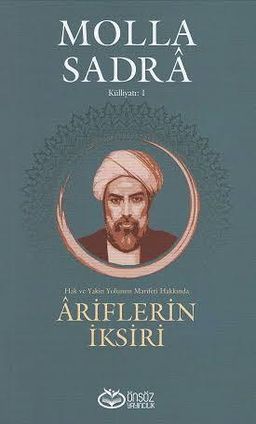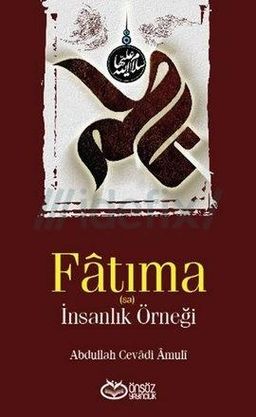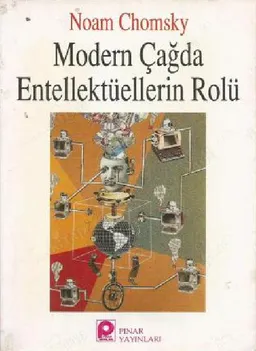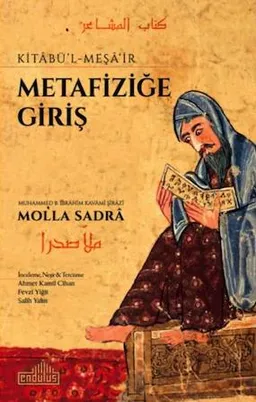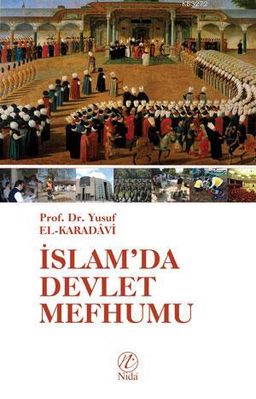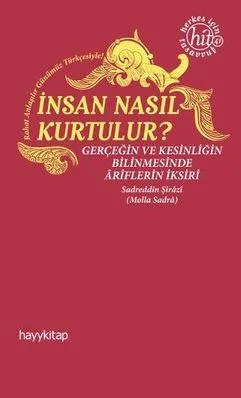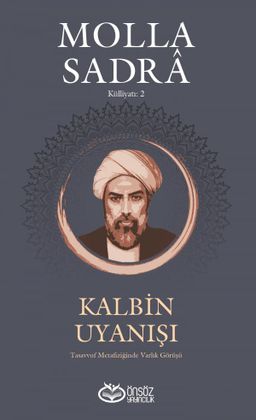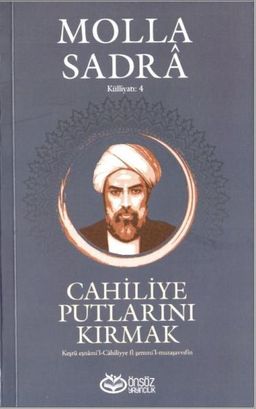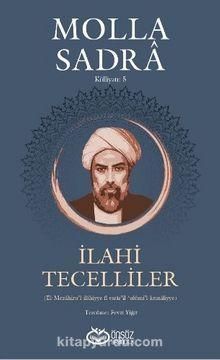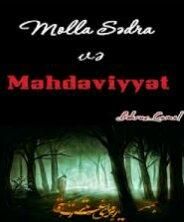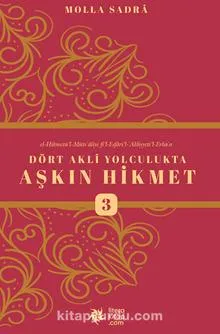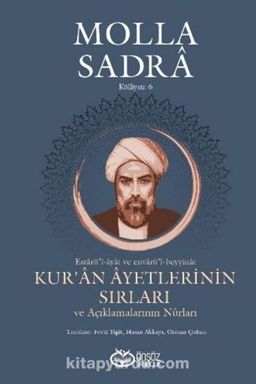Kalbin Uyanışı
Molla SadraAbout Kalbin Uyanışı
Kalbin Uyanışı subject, statistics, prices and more here.About
Elinizdeki eser Sadrâ’nın irfanî kitaplarından biridir. Ancak bu kitabı sıradan bir tasavvuf kitabı olmaktan öte türünün seçkin, farklı ve değerli bir ferdi kılan şey; tam bir tasavvuf metafiziği inşa etme yönünde bir özelliğe sahip olmasıdır. Belki bu yönden eser, Sadreddin Konevî’nin eserleri ile mukayese edilebilir. Zaten eser Konevî çizgisinde inşa edilmiş olduğundan Konevî’ye ait uzun alıntılar ihtiva etmektedir.
Kitabın iki esas meselesi vardır: birincisi varlık, ikincisi ise birlik/tevhid. Ayrıca Sadrâ, tevhid meselesine İşrâkî açıdan da bakmıştır. Bu anlamda kitap tam bir monoteist felsefî anlayış üzere yazılmıştır, denebilir.
Author: Molla Sadra
Translator: Fevzi Yiğit
Estimated Reading Time: 4 hrs. 5 min.Page Number: 144Publication Date: November 2018Publisher: Önsöz YayıncılıkISBN: 9786055030674Country: TürkiyeLanguage: TürkçeFormat: Karton kapak
Similar Books
Book Statistics
Reader Profile of the Book
Kadın% 60.0
Erkek% 40.0
0-12 Yaş
13-17 Yaş
18-24 Yaş
25-34 Yaş
35-44 Yaş
45-54 Yaş
55-64 Yaş
65+ Yaş
About the Author
Molla SadraYazar · 7 books
This text has been automatically translated from Turkish. Show Original
He was born in Shiraz, Iran. He traveled first to Qazvin (1591) and then to Isfahan (1597) to study philosophy, theology, hadith and tafsir. He was a student of Mir Damad and Bahaüddin Amili in these cities, which are important centers of Twelver Shiism.
After completing his education in Isfahan, he wrote his work called Esfar'ul Erbaa (Four Campaigns), which reveals his philosophy and reflects the influence of his experiences gained from the fifteen years of ascetic life he spent in the village called Kahak, near the city of Qom in Iran.
Molla Sadra, who is considered by Iranians as the greatest philosopher of their country, founded the Hikmet'ul Mutealiye (Transcendental Wisdom) school by bringing together rationalism and intuitionism. Molla Sadra's philosophy was influenced by Ibn Sina's peripateticism, Suhrawardi's Ishraki philosophy, Muhyiddin Arabi's theoretical wisdom school and Twelver Imam Shi'ism. In his works, he tried to bring together the rationalist, intuitionist and religious schools in the Islamic world of thought in a different synthesis.
Towards the end of his life he returned to Shiraz. He was accused of heresy by some theologians of the Twelver Imam Shiism, such as the Muhammad Copper Council, but he was able to continue writing due to the power of the family he belonged to. His life ended in Basra when he set out for pilgrimage and he was buried in the lands that belong to today's Iraq.
Books
İnsan Nasıl Kurtulur?
0/10
Metafiziğe Giriş
7.8/10
Kalbin Uyanışı
7.5/10
Ariflerin İksiri
8/10
Arş'a Ait Hikmetler
10/10
Cahiliye Putlarını Kırmak - Mo...
10/10
İlahi Tecelliler
0/10
Məhdəviyyət
10/10
Dört Akli Yolculukta Aşkın Hik...
0/10
Dört Aklı Yolculukta Aşkın Hik...
0/10
Esfârü'l Erba'a Dört Akli Yolc...
0/10
Kur’an Ayetlerinin Sırları ve ...
0/10
Esfârü'l Erba'a - Dört Aklî Yo...
0/10
